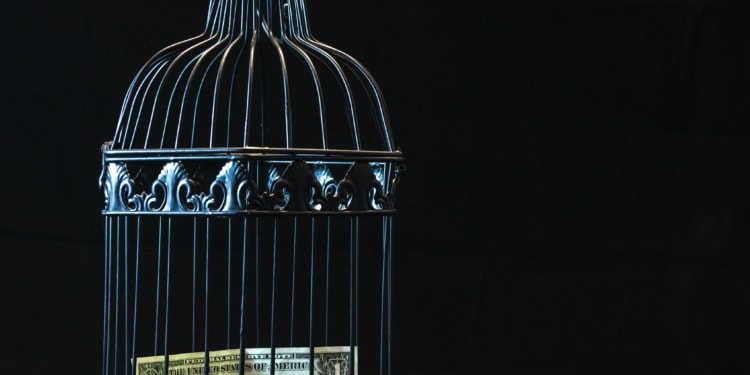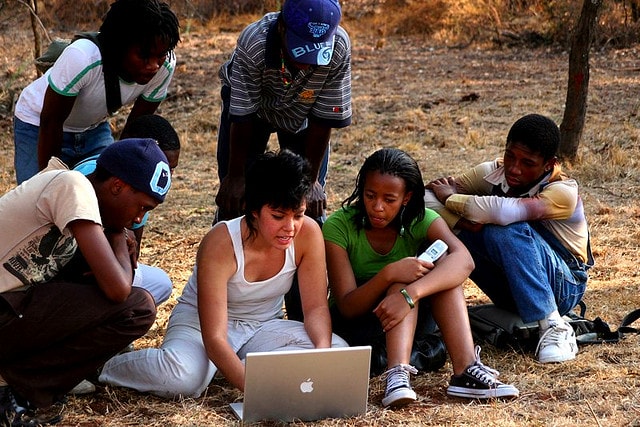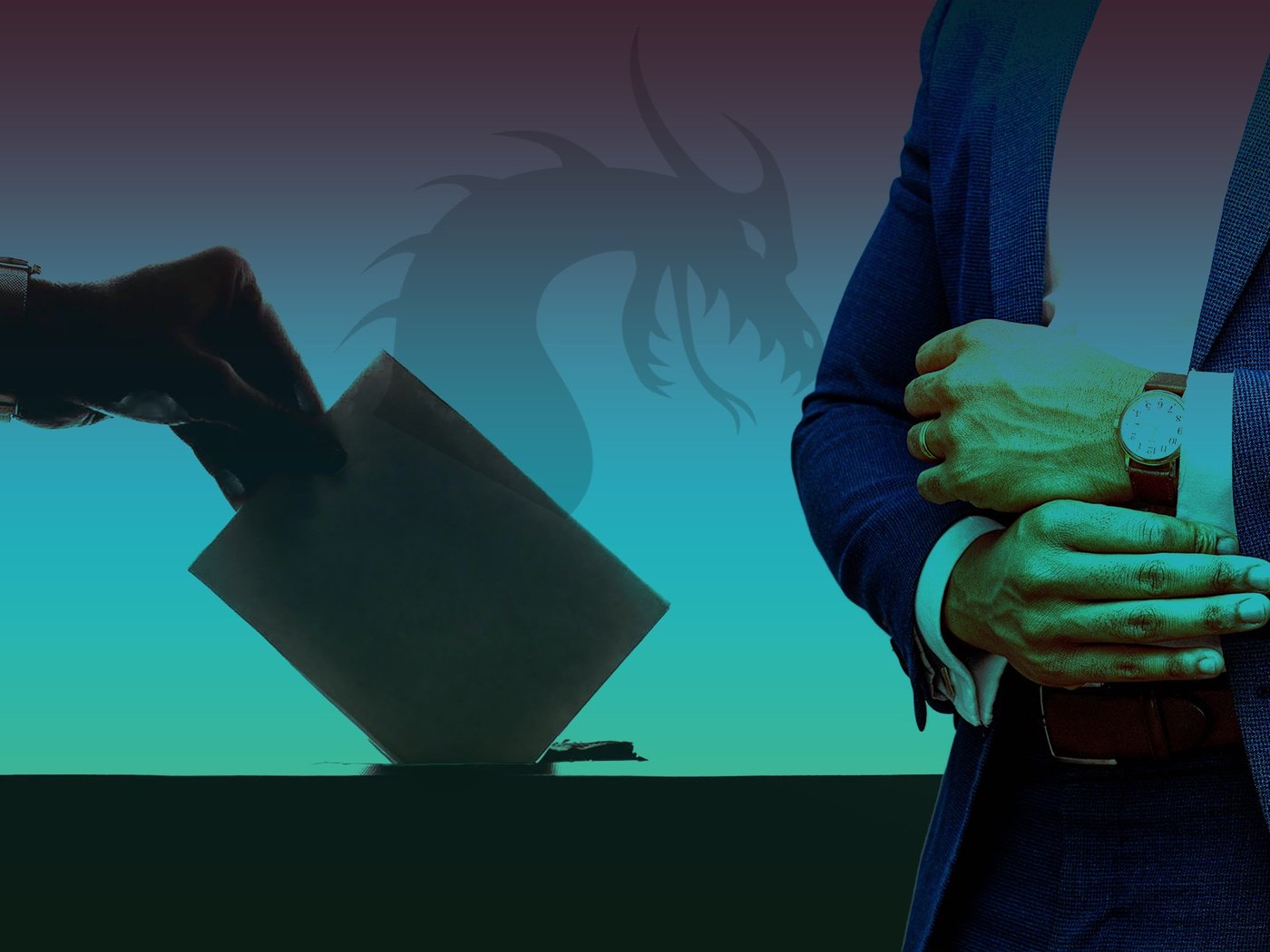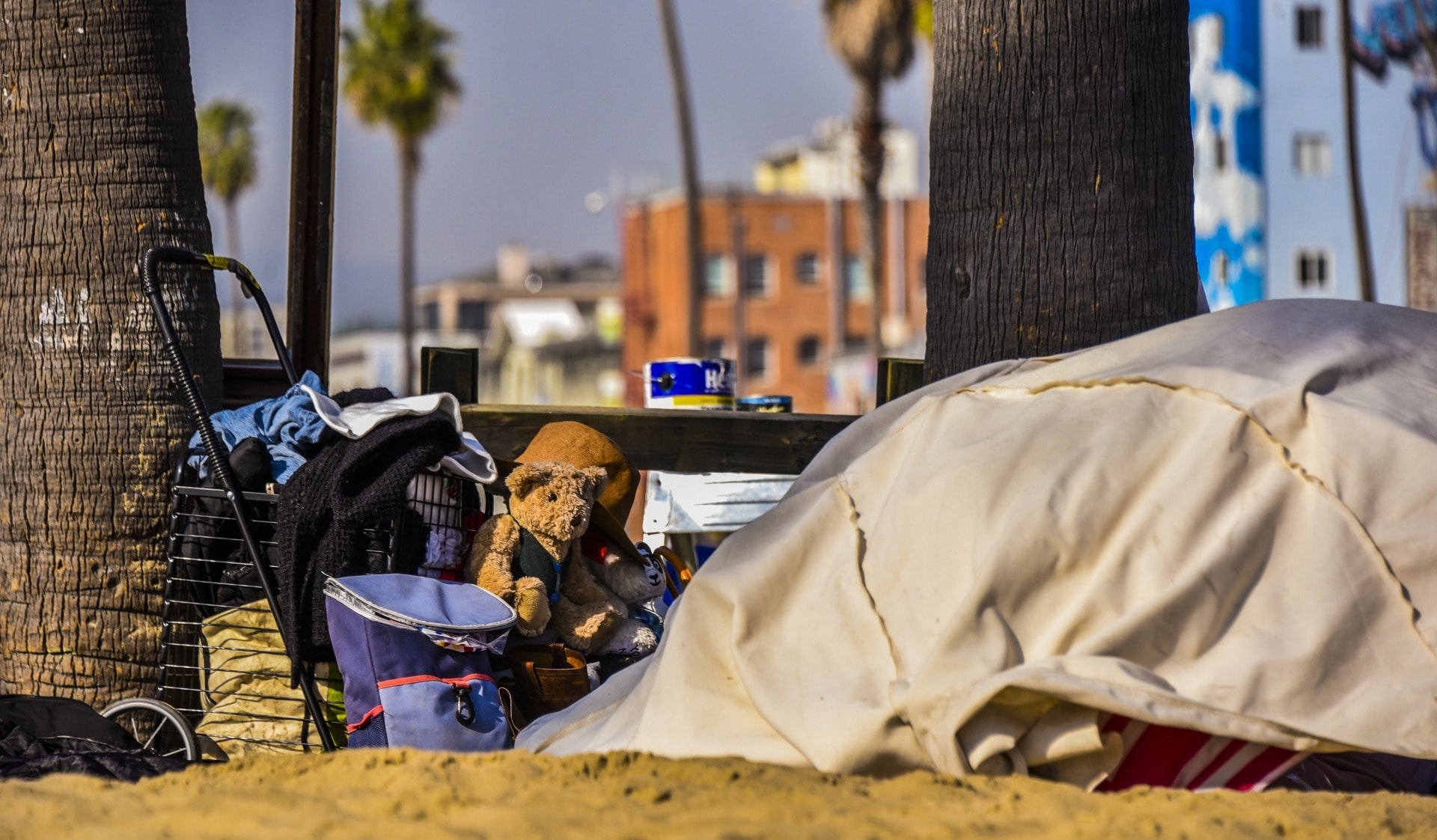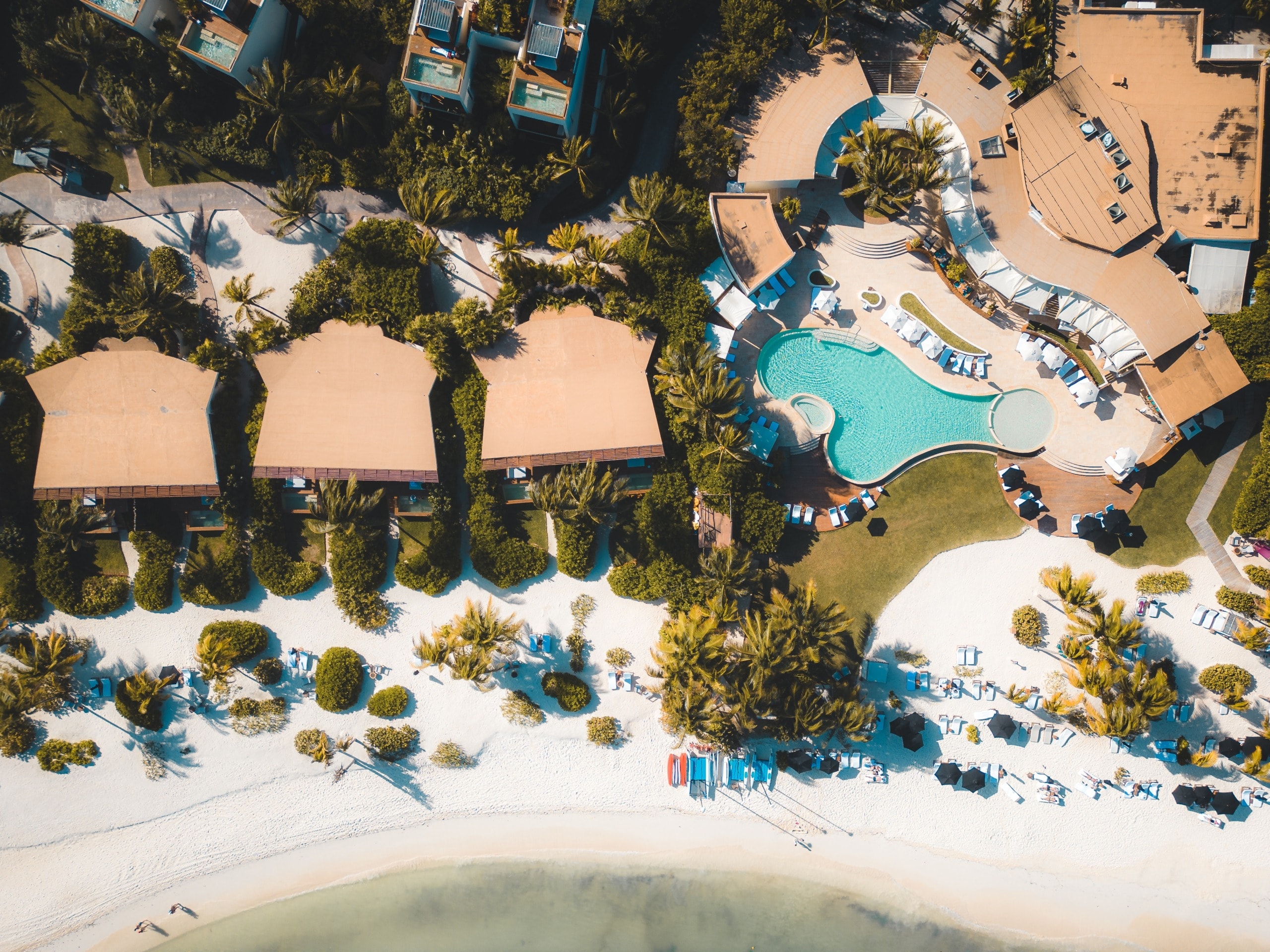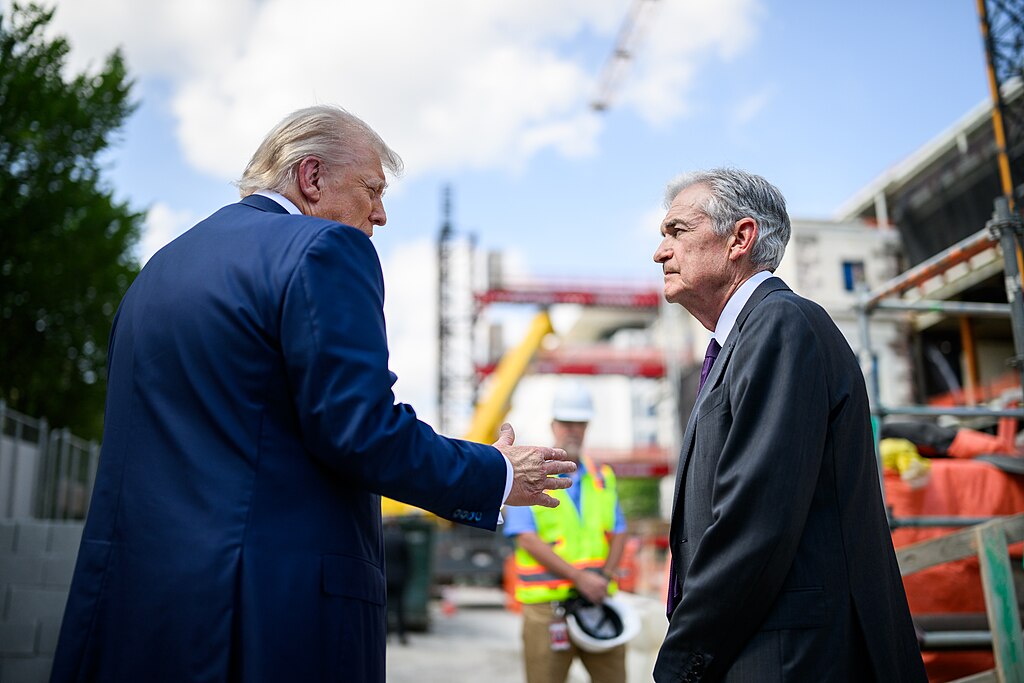Over the past two years, with the unwanted contribution of the Covid-19 pandemic and the cost of living crisis topped off by Russia’s war in Ukraine, the richest 1% in the world have increased their wealth to almost double that of the remaining 99%.
As Oxfam’s new inequality report shows, the top 1% have reached a total fortune of $26 trillion dollars, while the other 99% stand at $16 trillion in comparison.
“While ordinary people are making daily sacrifices on essentials like food, the super-rich have outdone even their wildest dreams. Just two years in, this decade is shaping up to be the best yet for billionaires —a roaring ‘20s boom for the world’s richest,” Executive Director of Oxfam International Gabriela Bucher said.
However, Oxfam also sheds some positive light on what the outcomes of this might be, and how the super rich are responding to it. The report shows that 200 millionaires want to be taxed more, as they are aware that their money could go a long way if it was distributed into public funding.
They want to pay more “for the common good.”
The names of these people have not been revealed, and it is specifically millionaires that Oxfam are talking about, not billionaires. There are currently 2,668 billionaires worldwide and Oxfam suggests that this figure should be halved by 2030, through higher taxes, “to make the world a fairer place.”
The 200 millionaires from 13 different countries that have already responded to this Oxfam statement have also said in an open letter that they are willing to pay increased taxes:
“It’s a simple and sensible way of saving money, an investment in the common good and a better future, we as millionaires want to make that investment.”
This suggests that not all the blame should be put on the rich for avoiding taxes, although this is a serious problem too, but that the laws on taxing wealthy people likewise play a role.
Related Articles: The Rich Don’t Pay Their Taxes Yet They Pollute The Most | Taxing the Rich: A Carbon Tax on the Top 1% Could Have Earned the UK £126 Billion Over 20 Years | A Group of Billionaires Calls For a Wealth Tax | “Profiting From the Pain” and the Pandemic: Is it true?
When you look at Forbes’ billionaire list, and what companies these people own that are making them so rich, a vast amount of them are making their profits on products that the everyday person would be able to afford.
Fifty countries worldwide now have access to Amazon, which means over a quarter of all countries on the entire planet are able to use one specific “shop.”
Coming in 6th and 7th on the billionaire list are Google founders Larry Page and Sergey Brin. The fact that just seven countries and regions worldwide have restricted access to Google (the rest of the world has full access) demonstrates that the uber rich <1% of the world still rely on people with minuscule amounts of money in comparison to them to keep themselves and their businesses thriving.
So should billionaires be made obsolete?
In a capitalist system, it is important that there are few limitations on what it is possible to achieve; this knowledge that becoming rich is possible is what provides incentive to a lot of people, even if being a billionaire isn’t the goal.
What Biden suggests in the video below is that being a millionaire or a billionaire is fine, but they must “pay their fair share.” If money is being earned because of the general public spending their money, e.g., on Amazon, then profits should be contributed back to them via tax.
This is in contrast to what Dan Riffle, Democratic Representative Alexandria Ocasio-Cortez’s key advisor, says: that “every billionaire is a policy failure,” once again suggesting that it is the tax system at fault (and that the wealthiest should be taxed more).
As the majority of the population struggles to make ends meet, big oil companies such as BP reported doubled profits last year, with Chevron, BP, Shell, TotalEnergies and Exxon all recording record quarterly profits throughout 2022.
It seems extraordinary that they are charging so much extra, when they are having such vast profit increases.
`As the already mega rich become richer, and the average earner becomes poorer, what exactly are Oxfam suggesting we do about it?
Billionaires such as Jeff Bezos and Elon Musk pay close to zero tax, with Musk reportedly paying just 3.2% tax between 2014-2018, and Bezos paying less than 1%.
To make a comparison, the average UK nurse pays 20% of her income back to the government in taxes, and as Oxfam points out, a Ugandan market stand holder pays a whopping 40% tax on their earnings.
🚨 The super-rich pay much lower taxes than you.
Here is a thread on how they do it 🧵⤵️ pic.twitter.com/XHnYyTFr9e— Chiara Putaturo (@ChiaraPutaturo) January 20, 2023
The reason such mega profiters like Jeff Bezos and Elon Musk can get away with paying so little is that there are currently very few regulations on taxing dividends. Income is easily taxable, but wealth is not.
As a solution, Oxfam is suggesting higher taxes on dividends and windfall taxes “to stop crisis profiteering.” Windfall taxes are taxes imposed on enormous profits that have come unexpectedly and in some cases unfairly.
The UK has already imposed a 35% windfall tax on gas and oil companies, and the European Union (EU) has put a 33% levy on fossil fuel firms and their profits from the increasing prices of energy. EU ministers estimate that they can raise €143 billion from this.
According to Oxfam’s estimates, a 5% tax on the world’s multi-millionaires and billionaires could raise $1.7 trillion a year, “enough to lift 2 billion people out of poverty.”
In the US, the richest 1% currently pay 30% of the income tax that they should. Increasing this tax rate by just 10% would generate $3 trillion in tax revenue over the next ten years, which would be enough money to make education free at all public universities, and triple the budget for national institutes of health, according to The Guardian.
This increased access to education would decrease the divide between the rich and poor, as people who would not have been able to get well-paid jobs due to lack of education, would have enriching opportunities closer to their doorstep.
Editor’s Note: The opinions expressed here by the authors are their own, not those of Impakter.com — In the Featured Photo: A dollar in a cage: Being uber rich is only available to a select few. Featured Photo Credit: Reynaldo/Pexels.


